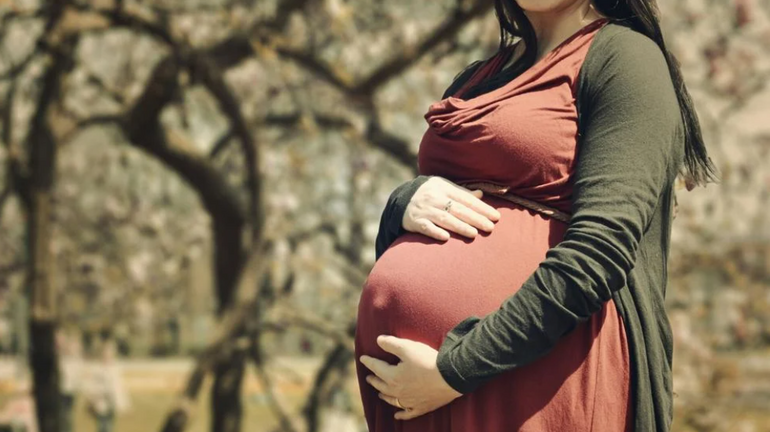State officials are preparing for the rollout of expanded maternal health care services in 2025, stemming from a new law and recommendations they issued last year.
Public health officials said the bevy of reforms were fueled by the controversial closure of a maternity ward in Leominster in September 2023 and worsening health disparities among Black and brown individuals.
Maternal health priorities for the new year including finalizing birth center regulations, creating a doula certification pathway, and incorporating a new classification system into hospital licensing regulations, said Elaine Fitzgerald Lewis, director of the Department of Public Health’s Bureau of Family Health and Nutrition.
Regulations aimed at reducing barriers to freestanding birth centers, an alternative delivery setting for lower-risk pregnancies, are expected to take effect in early 2025, Lewis told the Public Health Council Wednesday.
MassHealth last year began covering doula services and has enrolled more than 150 providers, Lewis said. DPH is working on creating a certification pathway for doulas, who offer emotional and educational support to pregnant and postpartum individuals. The voluntary credentialing system is poised to be available for doulas by June, she said.
DPH is also helping to update hospital licensing regulations with a “levels of maternal care” framework, which identifies the types of maternity facilities that can treat pregnant patients depending on their risk levels. The system is expected to be in place by the summer, according to Lewis’s presentation.
A law Gov. Maura Healey signed in August creates a pathway to licensure for certified professional midwives (CPM), who are trained in out-of-hospital births, and expands DPH’s postpartum home visiting program.
“We’re currently in the process of recruiting the first midwifery board that will guide the creation of regulations and guidelines for the integration of CPMs,” said Cristina Alonso Lord, director of DPH’s Division of Pregnancy, Infancy, and Early Childhood. “Integrating community births safely and effectively requires working with all levels of the maternal health system, and we’re already working in four areas of the state to develop transport and transfer of care protocols and drills.”
DPH’s home visiting program is operating in seven communities, and officials are working on regulations that will enable it to grow statewide, Lord said.
To keep up with the expected new care offerings in 2025, Lewis said Massachusetts must grow its maternal health care workforce, which also includes lactation counselors and specialized obstetricians and pediatricians.
Officials are also working to create a “dual reporting system” in which substance-exposed newborns “with no indication of neglect or abuse can be identified for support but not investigated for neglect or abuse,” according to her presentation.
“We will focus as well on ensuring that families can access mental health and substance use programs in ways that are safe, meaningful and accessible,” Lewis said. “And finally, we will continue to streamline our data, making sure all of our actions are grounded in evidence and are making an impact on reducing disparities and improving health for all.”

